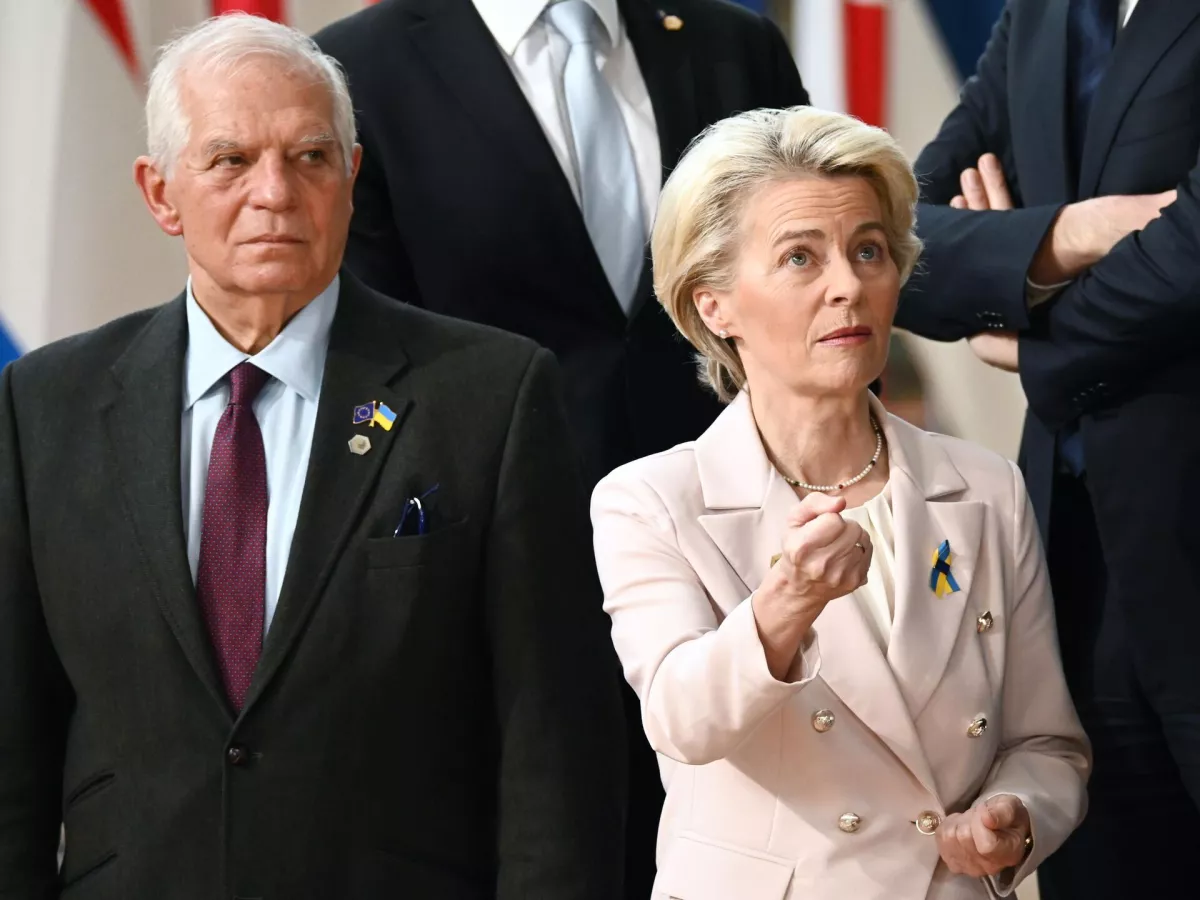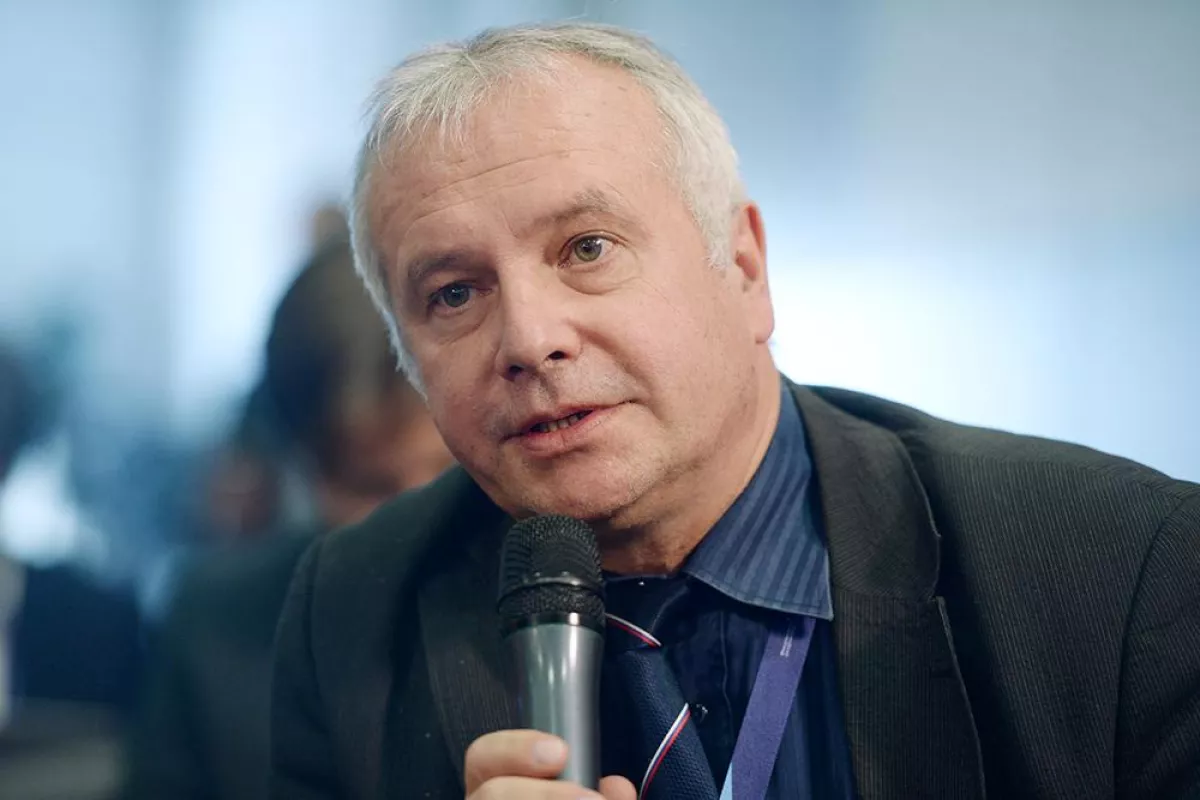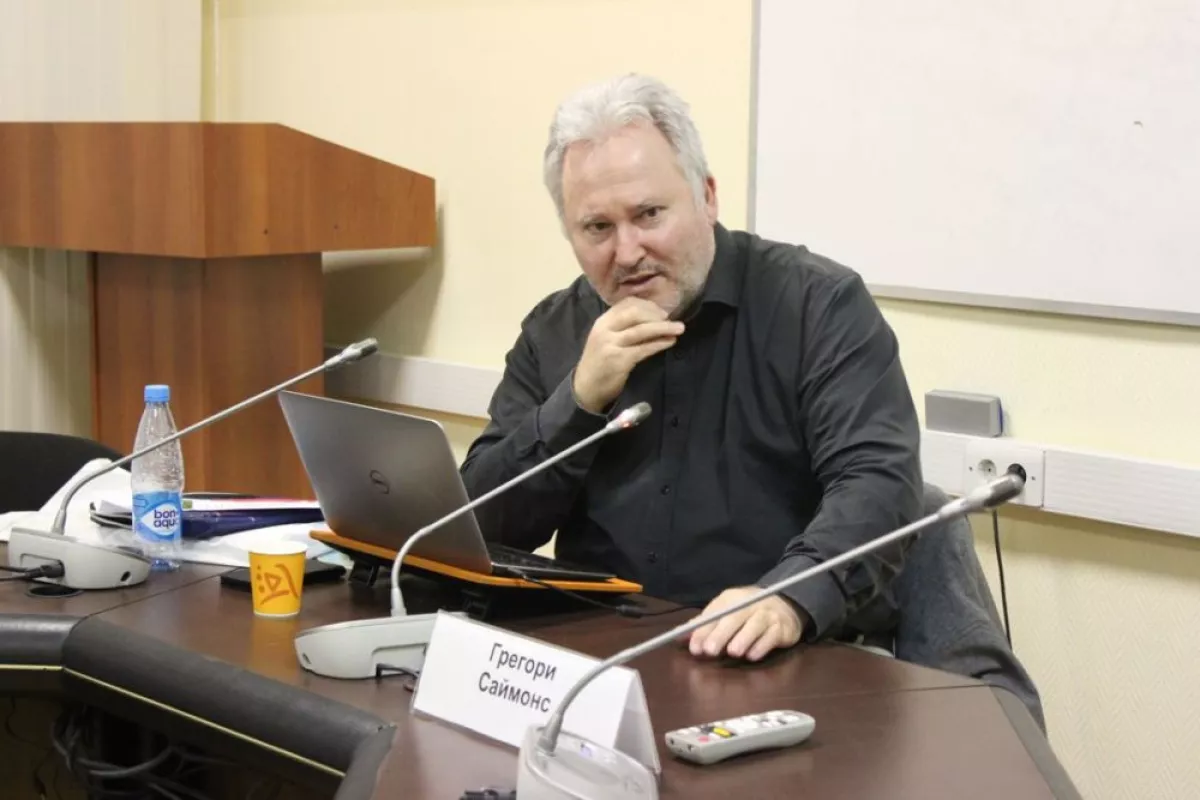EU army dreams: High hopes meet harsh realities Military ambitions in jeopardy
European Union High Representative for Foreign Affairs and Security Policy Josep Borrell found it difficult to create the EU's own army because the member states cannot reach a consensus on the issue. Borrel also noted during his speech at the University of Santander that the creation of an EU army “will not happen overnight.”
“An army, a common currency and common borders are what define sovereignty. We are left with the creation of an army, but that is very difficult to do. We need a unanimous decision of the EU member states, but it is difficult to achieve unanimity,” the media quoted the EU foreign policy chief as saying.
Earlier Borrell did not rule out the creation of a defence union in the EU. Shortly after Russia launched a war against Ukraine, EU High Commissioner Borrell said that the union needed the European Armed Forces to ensure security.
The President of the European Commission, Ursula von der Leyen, said last July ahead of her re-election that she intended to turn the EU into a defence union. For this purpose, the European Commission head said, she plans to appoint a European commissioner for defence, outline approaches to building up military capabilities and increase defence spending.

The French President once championed the concept of a pan-European army. Emmanuel Macron frequently advocated for this initiative, attempting to enlist support from then-German Chancellor Angela Merkel. However, his efforts met with limited enthusiasm, and the idea eventually lost momentum.
Some analysts argue that the main obstacle to this proposal is its potential to increase centralization within the EU and its partial contradiction with NATO. For instance, NATO Secretary General Jens Stoltenberg expressed concerns that an EU army might undermine the alliance. He warned that creating parallel structures or duplicating command systems could weaken overall cooperative capabilities.
How realistic is it for the EU to establish its own unified military force? Could such a force enhance the security of the EU, or does it conflict with existing NATO structures?
Renowned international experts provided answers to these questions for Caliber.Az.
Alexander Rahr, a German political scientist and professor at the Institute for International Politics WeltTrends in Potsdam, observes that the concept of a European army has been around for 30 years. He explains that the idea originated among France, Germany, and the UK shortly after the Cold War ended, during a period of significant uncertainty about the future presence of US forces in Europe.

However, Rahr notes that the US is resistant to any competition with NATO, and beyond the French, there is little interest in pursuing a unified European army due to its high cost. Additionally, Eastern European countries are unlikely to accept any commander-in-chief other than an American overseeing their military forces.
He emphasizes that none of the EU member states are willing to relinquish sovereignty over their armed forces to Brussels.
"However, I believe the debate on these matters is far from settled. If Trump returns to power, he may exert considerable pressure on European allies to significantly increase their defence spending, potentially leading to a rift between the EU and the United States. Once the conflict in Ukraine concludes, Europeans will likely need to enhance their military capabilities in preparation for a prolonged standoff with Russia. Additionally, there will be discussions about integrating the Ukrainian military into Western frameworks. While Ukraine may not be admitted to NATO, the EU, in collaboration with Kyiv, could advance toward a unified European defence," Rahr says.
Political scientist, PhD Greg Simons (Sweden), remarked that efforts to establish a European army have been ongoing for some time, but the rationale provided is often superficial.

"Historically, there have been examples of European armies, such as those created under Napoleon and Hitler. However, these were not typically defensive structures and lacked democratic oversight. The EU's ambitions face similar challenges. The need for political consensus is a significant hurdle, as member states are unlikely to agree to cede sovereignty and control over their military forces," Simons underlined.
Additionally, he notes that Europe is undergoing rapid deindustrialization under US influence due to the ongoing conflict in Ukraine.
“Where will they find the funds? Moreover, most of their arsenal has been allocated to the corrupt Ukrainian government, which has squandered it, and they lack the industrial capacity to replace these resources.
Additionally, Western militaries face a significant recruitment issue. The current generation of European citizens is unwilling to fight and die for what they perceive as US-led imperial conflicts amidst a period of Western geopolitical decline.
Almost all indicators of Western military power, capability, and capacity are merely theoretical. The war in Ukraine demonstrated that while Western military hardware may have an intimidating reputation, it often falls short in actual modern combat scenarios.”
At the level of EU member states, there is a lack of political will, insufficient economic resources to support these ambitions, and a general reluctance among citizens to enlist, fight, or sacrifice their lives. Additionally, the Cold War-era industrial base that might have supported such ambitions is long gone, leaving Europe without the necessary industrial capability and capacity.
In essence, there is a great deal of lofty rhetoric and talk, but little in terms of practical substance. Dr. Simons is convinced that neither Josep Borrell nor Ursula von der Leyen have a realistic chance of realizing their ambitious vision.








